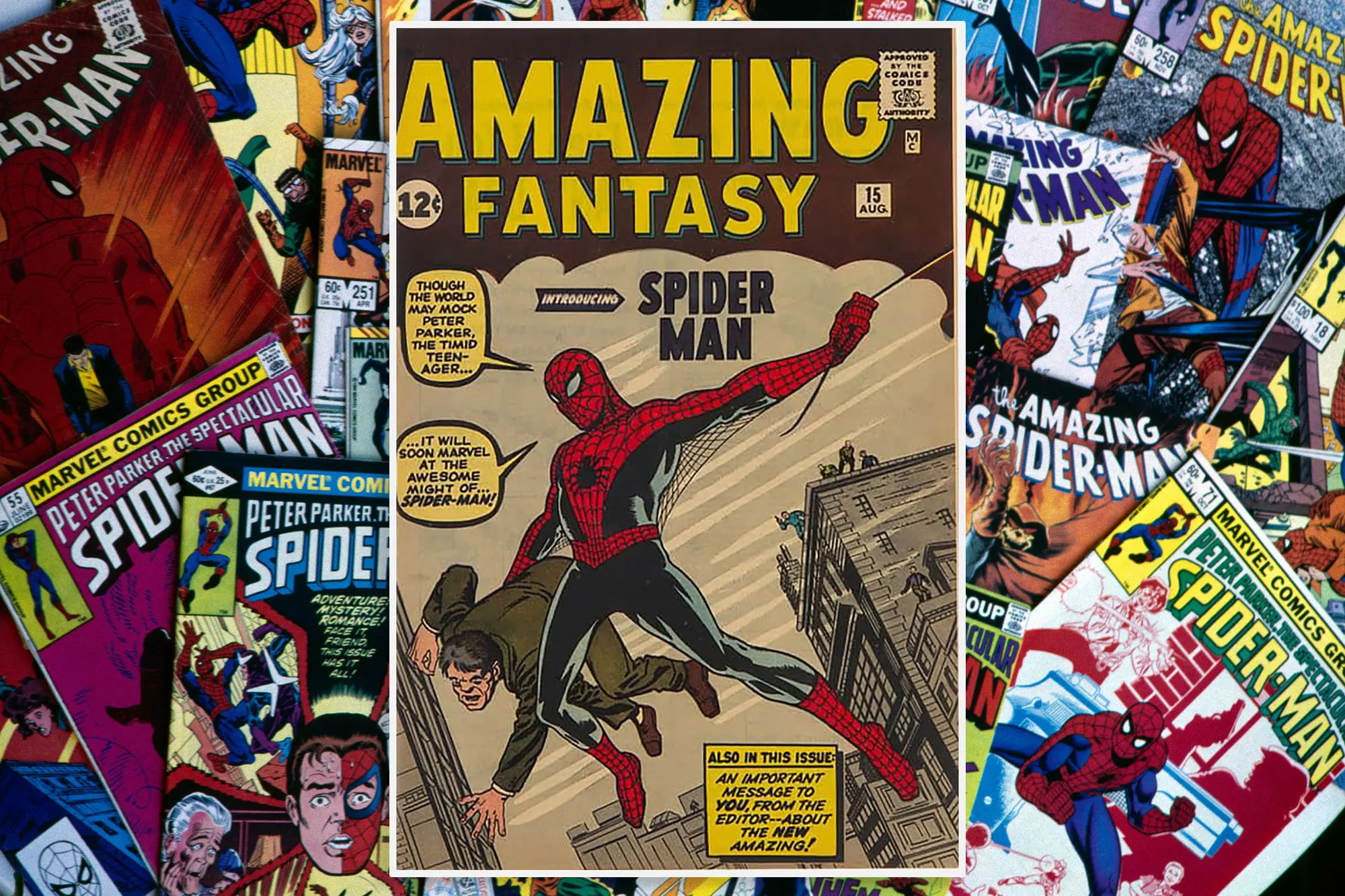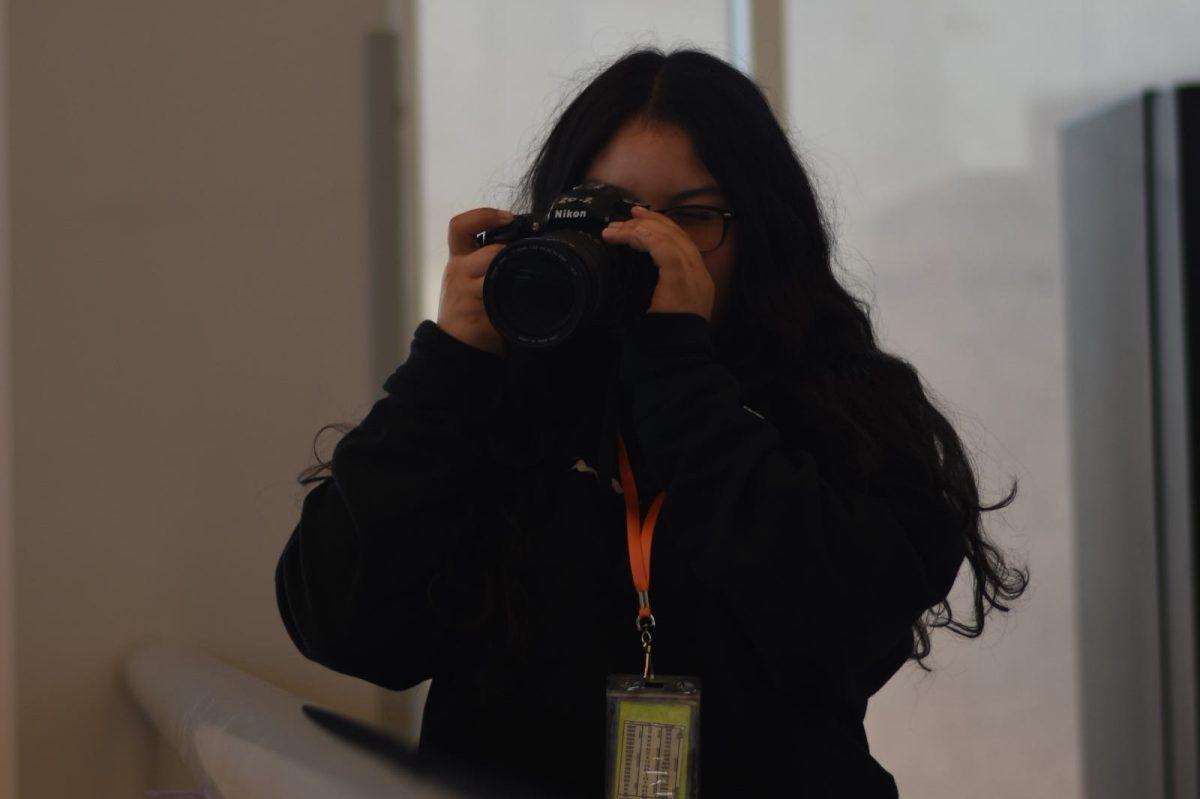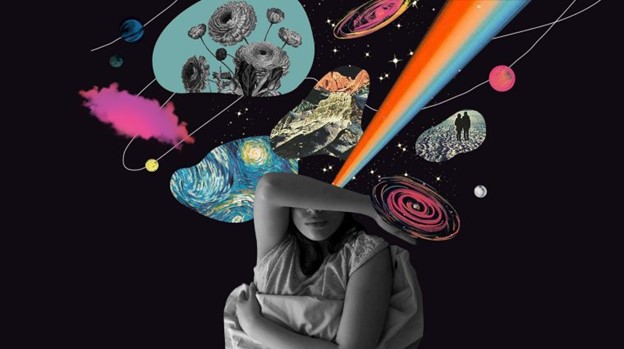Have you wondered how to start writing a story, but didn’t know how to start it? Have the feeling to create life with paper and pencil? Wanting to create civilizations and galaxies? Going beyond even our universe? Having the only limit be your imagination?
I faced this challenge multiple times when I wanted to start writing my own stories, now I could power through those writer’s blocks more easily than before. My mind always focuses on new ideas, characters, and elements for a story. I would have all these new ideas and I would platter them into a page, connecting those ideas, and then I would fill up the empty plot holes to create my story. Which isn’t the best technique, honestly. But I’ve learned.
Bryan Intihar, the senior creative director for INSOMNIAC, responsible for the PlayStation Spider-Man games, said in a WIRED interview, ” We start really broad; a paragraph on what the story’s about. Then we write a story treatment: What acts one to three are about. Five to seven missions an act. Then we start to build out a macro, how it’s all going to flow together. Then we start to write scripts.”
Adding on to that, write a paragraph on what your story is about. Write the beginning, middle, and end in one paragraph. And then you could add some moments happening that you want here or there, but make sure it connects with the story or to a future story.
When writing your story, make sure it doesn’t bore you, or make you think, “Oh, I have to do this part, let me just do it just to get it out of the way.” You want a story that will catch your attention and interest from beginning to end. If the story bores you, the writer, it is going to bore the reader as much, this happens when you’re trying to write for the audience.
“One thing I might mention, most writers – and I think it’s an unfortunate thing – they try to write something that they think a certain audience might enjoy. I’ve never been able to do that because I can’t put myself in the mind of other people. I only know what I enjoy, so every time I’ve written a story, I’ve always tried to write the sort of story that I myself would enjoy reading, a story that would interest me while I’m writing it, as I’m waiting to find out what happens next.” Stan Lee says in a Ted Talk in 2013, ” Therefore, I have always written to please myself, not to please a certain type of audience, because you can’t know the audience as well as you know yourself. And if I write a story that I’m enjoying while I’m writing it and I can’t wait to see what happens next, then I’m hoping that a large proportion of the public will feel the same way, and they’ll enjoy it too.”
Always have that enjoyment in writing your stories, if you feel bored of its direction, take a break from it. In time, the best ideas will arrive. Just be patient with your story.
“If there’s a book you want to read, but it hasn’t been written yet, then you must write it.” Toni Morrison.
“Advice to young writers who want to get ahead without any annoying delays: don’t write about Man, write about a Man.” E.B White.
“Take a look, kid! Everywhere around you, there are moments happening! They happen, and then they’re gone.” Lincoln Pierce.
“All art is a kind of confession.” James Baldwin
“Poetry is when an emotion has found its thought and the thought has found words.” Robert Frost
When creating a character, I would listen to a type of music that would match that character, to get to know that character better. Music produces a personality for a character based on their music taste and what they listen to. Some may like rap, some might like country, or some might like rock. Based on who they are or what you want them to like. When you know your character, it’s easier to build your story.
When writing your story it’s also better to go with your flow. Letting your ideas come through showing the reader that this is you. You want to have a story that is different and inspiring. That’s why choosing a high-quality theme will be enjoyable.
Your story must be personal, because if you’re choosing a theme for your story that you haven’t gone through personally, how would you know what that is truly like compared to someone who has gone through it?
Your story is personal between you and the audience you are connecting with. If your theme is about, for example, this girl who didn’t have the same feelings towards you, there will be numerous amounts of people who will understand personally when they’ve gone through that, or if they ARE going through that. If someone is going through a certain situation that you already went through, then that person will go through your story for answers on what you made your characters do, to see what the readers could do.
You should be the teacher through your characters to the readers.







